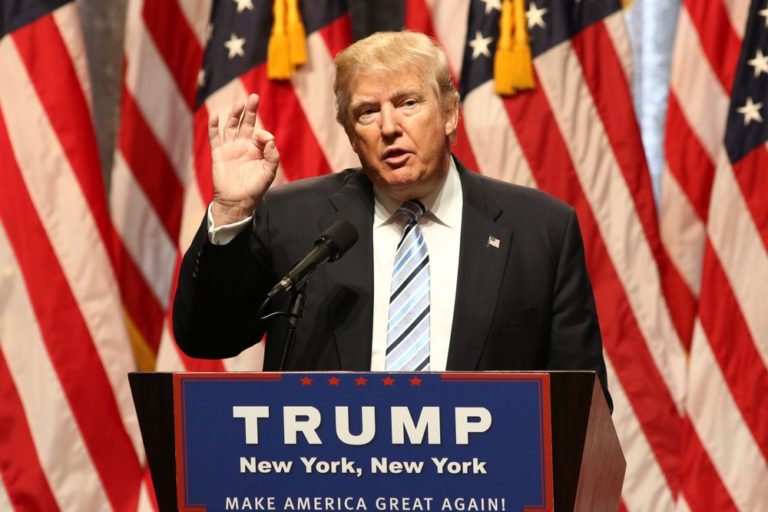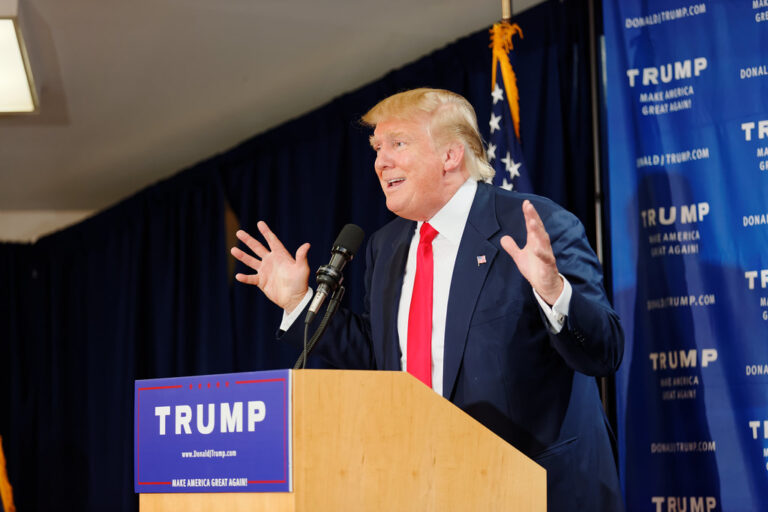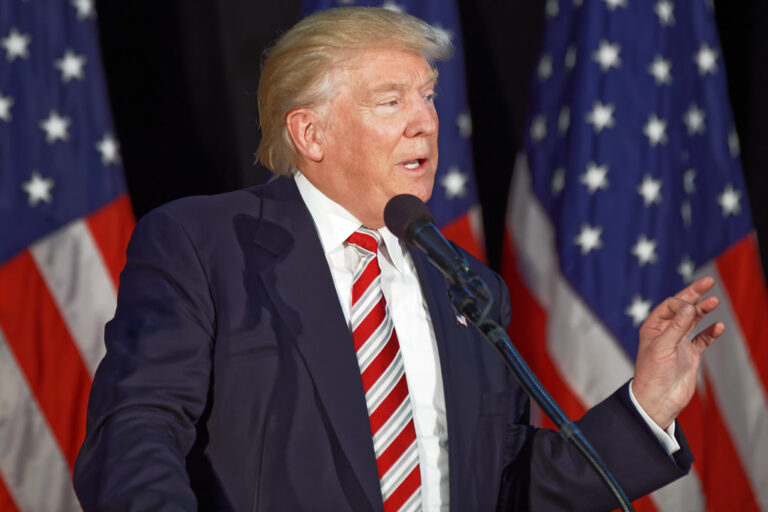Key Takeaways:
- 85 employees of 18F, a federal tech agency, were laid off, effectively shutting down the office.
- Thomas Shedd, a former Tesla engineer, announced the closure via email.
- 18F was once praised for modernizing government technology.
- The shutdown may slow down efforts to improve federal tech systems.
What Happened?
On a quiet Saturday morning, an unexpected email from Thomas Shedd, a former Tesla engineer and now Deputy Commissioner of the Federal Acquisition Service, changed everything for 85 employees of 18F. The email announced their dismissal, marking the end of an office that once symbolized innovation in government technology.
What Was 18F?
18F was created a decade ago to act as a tech startup within the federal government. Its mission was to modernize government technology systems, making them faster, user-friendly, and cost-effective. With a team of tech experts, 18F worked on projects like improving online services and ensuring secure government websites. Its achievements made it a celebrated example of how the government could embrace innovation.
Why Does This Shutdown Matter?
The closure of 18F could slow down the modernization of government tech, making it harder for citizens to access services online. Many fear that without 18F, the government might struggle to keep up with tech advancements, affecting public trust in digital services.
What’s Next for 18F Employees?
This shutdown leaves 85 employees searching for new opportunities. While some may find roles within the federal government, others might seek private sector positions. The tech industry’s demand for skilled workers could be a silver lining for these employees.
A Look Back at 18F’s Achievements
18F’s impact was significant. It introduced practices like open-source software and user-centered design to federal projects. One notable project was the redevelopment of the U.S. Digital Registry, which improved data accuracy and made government data more accessible. These contributions laid a foundation for future tech initiatives.
The Broader Impact on Government Technology
The shutdown raises questions about the government’s commitment to tech modernization. Without 18F, other agencies may struggle to continue its work, potentially leading to outdated systems and reduced public satisfaction. The closure might also deter young talent from pursuing careers in government tech, fearing instability.
Conclusion
The sudden shutdown of 18F is a significant setback for government tech modernization efforts. While the future is uncertain, the contributions of 18F’s team leave a lasting legacy. The federal government must now find new ways to continue this important work, ensuring that progress doesn’t come to a halt.
This closure marks the end of an era, but the lessons and innovations from 18F will remain crucial as the government navigates the ever-evolving tech landscape. The challenge now is to keep moving forward without the trailblazing efforts of this once-celebrated office.










